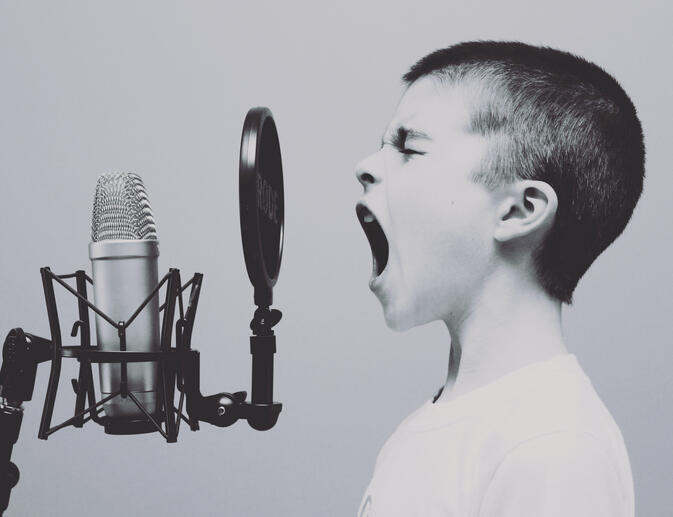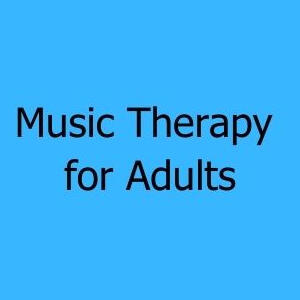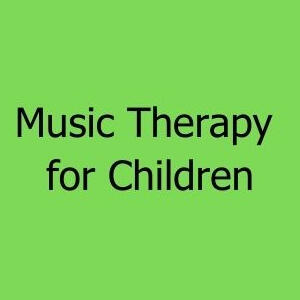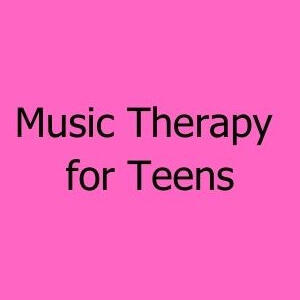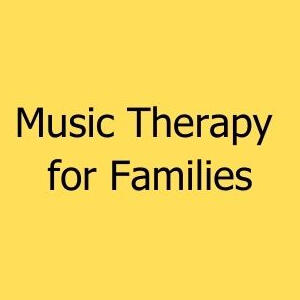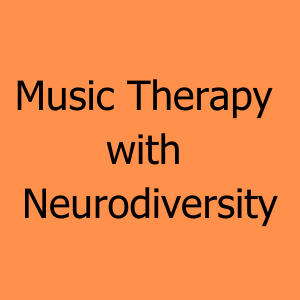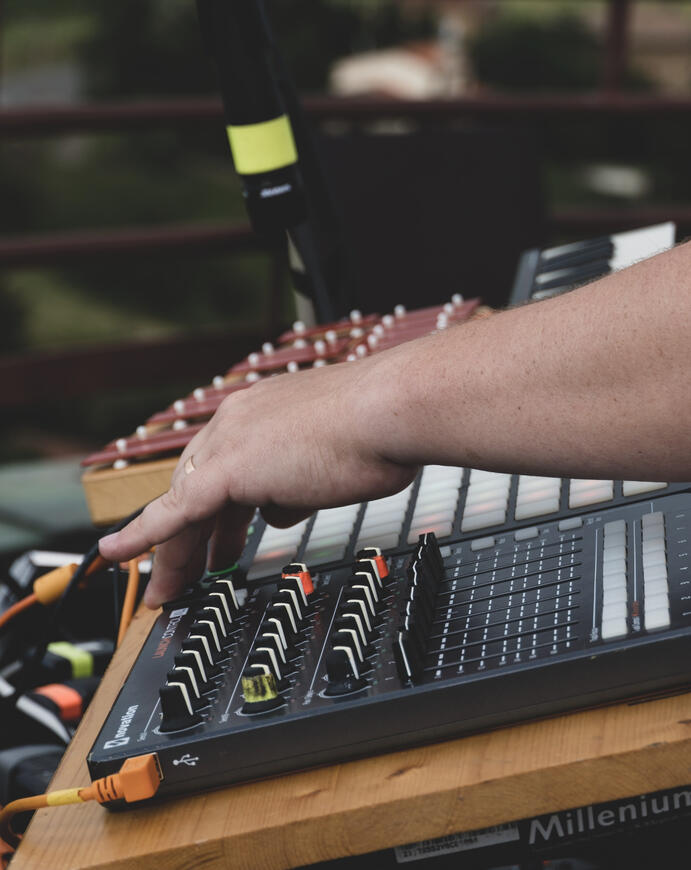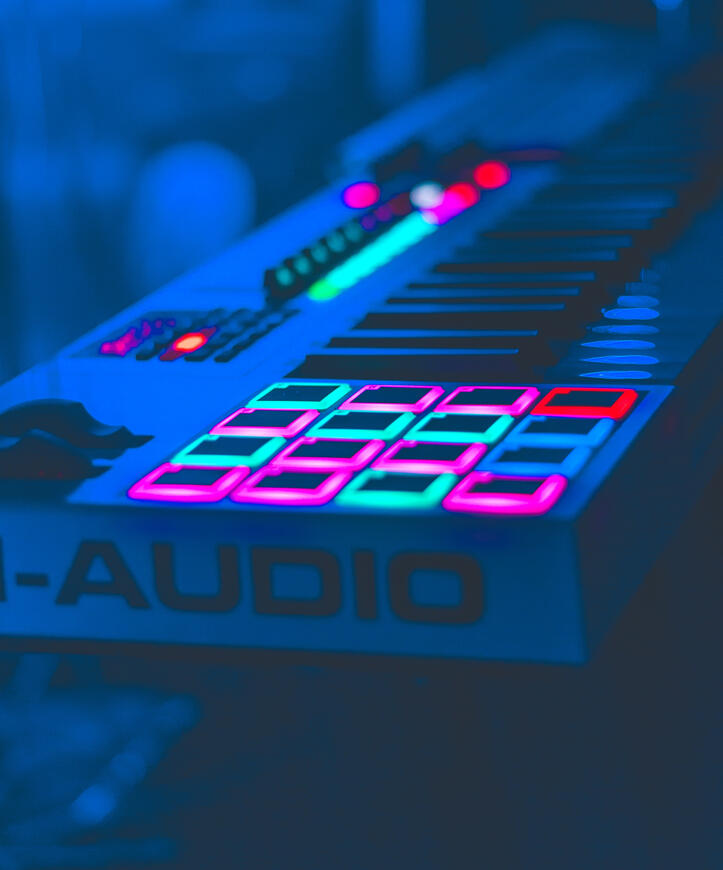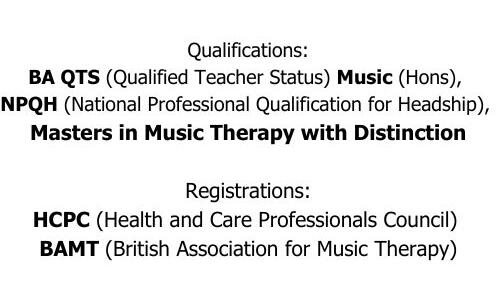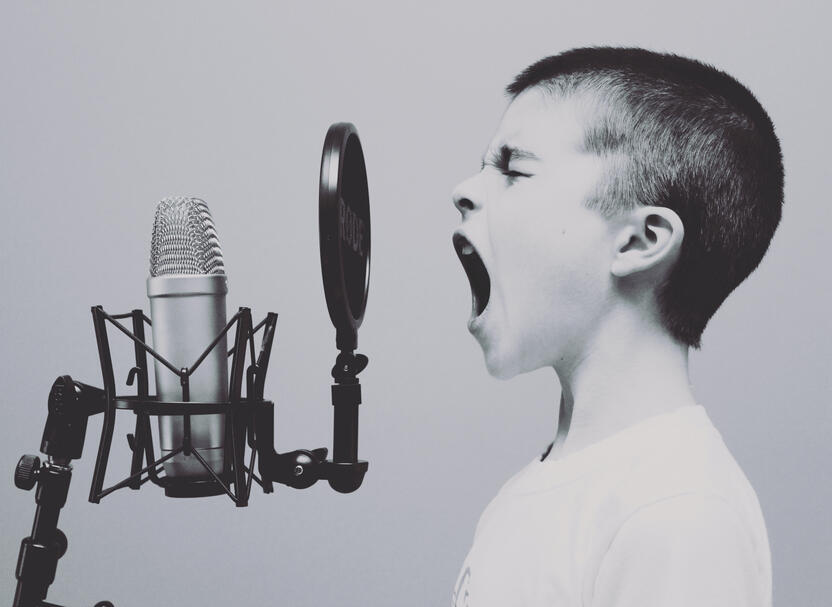Sheffield Music Therapy
Music Therapy can help with mental, physical and emotional health. A Music Therapist works with you to reduce anxiety, find helpful ways to manage emotions, resolve relational issues and improve your outlook on life.
What is Music Therapy?
In Music Therapy, we use a range of therapeutic methods including playing, talking, being quiet and listening to explore and release deeply held feelings and behaviours, allowing us to find freedom. Music Therapy helps people whose lives have been affected by illness, injury, mental health or disability through supporting their psychological, emotional, cognitive, physical, communicative and social needs.Music Therapy is for individuals, groups and families. You don't have to have played an instrument before or know anything about music to access this kind of therapy.
What We Do
The therapy sessions are client led and we aim to create a secure, non-judgemental space where you feel safe enough to work through whatever you bring. Music therapists are trained to Masters level and are registered with the Health and Care Professions Council (HCPC) as well as with the British Association for Music Therapy (BAMT). Music Therapists have significant therapeutic music skills that can be used in a variety of ways.We offer three types of Music Therapy:1) Individual Therapy - Through music we work with Identity, Trauma, Emotional Regulation and other Mental Health needs.2) Group Therapy - Using music, we develop relationship skills, helping to reduce social anxiety and combat isolation.3) Family Music Therapy - Everybody is aware that being part of a family can be hard work. Communication isn't working, relationships breakdown and the stresses of life can impact on the home. Family Music Therapy helps to work through these and other issues by creating a neutral, non-judgemental and safe space where a family can come together. The music we make in the sessions can have a significant impact in opening up new ways of communicating and learning to be as a family.
How It Works
We use a wide range of instruments - keyboards, drums, xylophones, voice, guitars etc as well as the latest technology such as Novation grid controllers and software.Improvisation, Songwriting, Listening to music, DJ'ing, Singing and Drumming are just some of the techniques we use in our work.Most importantly, you don't have to be able to play a musical instrument to access music therapy. We believe that everybody can make music, it's an innate part of each one of us.
Sessions are held at online or at our studio on Mary Street in Sheffield. Each session lasts for up to an hour.
Cost:
Individual Sessions are charged at £60
Family Sessions are charged at £75
Group Sessions vary dependant on number of participants.If you would like to explore Music Therapy and have financial difficulties, please still fill in the enquiry form and we can discuss options.
Who We Are
Nick Mather BA Mus QTS, NPQH, MA Music Therapy with Distinction
Music therapist Nick offers much to the therapy room. After a significant career in Education as a music teacher and senior leader, he retrained as a Music Therapist, gaining a Masters with Distinction from Derby University. A compassionate and extremely empathetic therapist, he has experience in working with Adults, Teenagers and Children and is committed to helping people gain freedom from difficulties that stop us being who we should be. His main areas of interest are in Identity, Trauma and Family Music Therapy. He is happy using a variety of instruments and has a wide range of therapeutic skills at his disposal to make sure each session runs safely and well.Outside of music therapy, Nick is a semi-professional musician, having toured with bands nationally and internationally. He enjoys performing and songwriting and describes music as having been a lifesaver for him throughout his life.
Contact us
Email at the address below for any more information or with questions you may have.
nick@sheffieldmusictherapy.com
Use the links below to engage with our media accounts and found out more about what we do.
'Where words fail, music speaks' Hans Christian Anderson
Please fill in the form for a free online consultation
Music Therapy for Teenagers
Music Therapy for teenagers is a powerful and effective therapeutic approach that utilises music to address various emotional, cognitive, and social issues. This form of therapy can be particularly beneficial for adolescents who are navigating the challenges of adolescence, as it provides a creative outlet for self-expression and emotional processing.Benefits include:Emotional Regulation: Music therapy helps teens manage their emotions by providing a non-verbal means of expression. Through music, they can convey their feelings, reduce stress, and find healthy coping mechanisms.Improved Communication: Adolescents often struggle to express themselves verbally. Music therapy encourages communication through lyrics, songwriting, or improvisation, enhancing their ability to convey thoughts and emotions effectively.Enhanced Self-Esteem: Achieving musical milestones and receiving positive feedback during therapy can boost self-esteem. This newfound confidence can extend to other areas of their lives.Stress Reduction: Teens face numerous stressors, from academic pressures to social challenges. Music therapy offers relaxation techniques and soothing melodies to reduce stress and anxiety.Social Skills: Group music therapy sessions facilitate social interaction, fostering teamwork and communication among peers. It can help introverted teens come out of their shells.Academic Improvement: Research suggests that music therapy can enhance cognitive skills, potentially improving academic performance.Creativity and Self-Identity: Music encourages teens to explore their creative side and discover who they are. This self-exploration can be vital during the often tumultuous adolescent years.Music Therapy offers a holistic approach to addressing the unique emotional and developmental needs of teenagers. By incorporating music into therapy, adolescents can find solace, build essential life skills, and embark on a journey of self-discovery during a crucial phase of their lives. If you're seeking a therapeutic approach that resonates with the adolescent experience, Music Therapy is the perfect choice.
Music Therapy for Families
Music therapy is a versatile and effective approach that can greatly benefit families facing various challenges. Whether dealing with communication issues, emotional stress, or developmental disorders, music therapy has emerged as a valuable tool to promote bonding, enhance well-being, and foster positive interactions within families.One of the key advantages of music therapy is its ability to engage family members of all ages. From infants to elderly individuals, music provides a universal language that transcends generational gaps. This inclusivity helps create a harmonious environment where family members can connect and communicate more effectively.In families with children on the autism spectrum or with other developmental disorders, music therapy can play a pivotal role. Therapists use instruments, songs, and rhythmic activities to stimulate sensory and cognitive development. Research has shown that music therapy can improve communication skills, social interaction, and emotional regulation in children, promoting a more harmonious family dynamic.For families experiencing high levels of stress or conflict, music therapy offers a valuable outlet for emotional expression and release. Through playing instruments or singing together, family members can collectively vent their emotions in a safe and constructive manner. This can lead to improved understanding and empathy among family members, ultimately strengthening their bonds.Music Therapy can be tailored to address specific needs within the family unit. Whether it's helping a parent and child bond, supporting a teenager through the challenges of adolescence, or aiding in grief and loss processes, Music Therapy interventions can be customised to the family's unique circumstances.Music Therapy is a versatile and beneficial tool for families, helping them connect, communicate, and cope with a variety of challenges. Its ability to engage family members of all ages and address specific needs makes it a valuable resource for promoting harmony and well-being within families. Consider exploring how Music Therapy can enhance your family's dynamics and overall quality of life.
Music Therapy for Children
Music therapy is a powerful and versatile therapeutic approach that has been increasingly recognised for its positive impact on children's physical, emotional, and cognitive development. By harnessing the universal language of music, music therapists work with children to achieve therapeutic goals and improve their overall well-being.One of the most significant benefits of music therapy for children is its ability to facilitate emotional expression and regulation. Children often struggle to communicate their feelings, especially when facing trauma, anxiety, or developmental disorders. Music provides a safe and non-verbal outlet for these emotions. Through songwriting, playing instruments, or simply listening to music, children can express themselves, process difficult emotions, and develop healthy coping mechanisms.Music Therapy can enhance cognitive development in children. Research has shown that exposure to music from an early age can improve language skills, memory, and problem-solving abilities. Music therapy sessions often incorporate activities that stimulate cognitive functions, such as rhythm and pattern recognition, which can be especially beneficial for children with learning disabilities or developmental delays.Physical development is another area where music therapy shines. Activities like dancing, drumming, or playing simple percussion instruments can help improve fine and gross motor skills. For children with physical disabilities, music therapy can be adapted to accommodate their unique needs and encourage physical rehabilitation.In addition to these individual benefits, music therapy also promotes social interaction and communication. Group music sessions allow children to work together, listen to one another, and develop essential social skills like turn-taking and cooperation. This is particularly valuable for children on the autism spectrum or those who struggle with social interaction.Music Therapy offers a holistic approach to promoting the well-being of children. Its capacity to address emotional, cognitive, and physical needs while fostering social interaction makes it a valuable tool in paediatric healthcare and education. By engaging children in the world of music, therapists can help them overcome challenges, build essential skills, and experience the joy of self-expression and connection with others.
Music Therapy for Adults
Music Therapy for adults is a holistic and therapeutic approach that utilises the power of music to address a wide range of physical, emotional, and psychological needs. It is a highly effective form of therapy that can benefit individuals of all ages, including adults. This unique therapeutic modality harnesses the universal language of music to promote healing, improve well-being, and enhance the quality of life for adults facing various challenges.One of the key benefits of Music Therapy for adults is its ability to reduce stress and anxiety. Many adults experience high levels of stress due to the demands of daily life, work, and personal responsibilities. Music Therapy offers a safe and soothing outlet for these individuals to express their emotions, relax, and find comfort in the rhythms and melodies that resonate with their feelings.Music Therapy can be a valuable tool in managing pain and enhancing physical rehabilitation. It can help adults recovering from injuries or surgeries regain their mobility, strength, and coordination through rhythmic exercises and movements synchronised with music. The emotional and motivational aspects of music can also be harnessed to encourage adults to participate actively in their own healing process.In addition to its physical and emotional benefits, Music Therapy for adults can also aid in improving cognitive function. For individuals living with conditions such as Alzheimer's disease or dementia, music therapy can stimulate memory recall, enhance cognitive abilities, and provide a sense of connection to their past. It can be a lifeline for those who may be struggling with memory loss and cognitive decline.For adults with mental health issues such as depression or post-traumatic stress disorder (PTSD), Music Therapy can serve as a powerful tool for emotional expression and processing. Through songwriting, lyric analysis, or simply listening to carefully selected music, individuals can explore and cope with their emotions in a safe and supportive environment.Music Therapy for adults offers a multifaceted approach to healing and well-being. It addresses not only physical and emotional needs but also cognitive and psychological challenges. Its versatility and effectiveness make it a valuable addition to the array of therapeutic options available for adults seeking to improve their overall quality of life and mental health.
Music Therapy with Neurodiversity
Neurodiversity is a concept that recognises and celebrates the diversity of neurological differences in individuals. It emphasises that neurological variations, such as autism, ADHD, dyslexia, and others, are natural and valuable aspects of human diversity.
It's important to note that neurodiversity encompasses a wide range of conditions, and each individual's experience is unique. The neurodiversity movement advocates for acceptance, understanding, and accommodations for neurodivergent individuals rather than trying to "normalise" or pathologise their differences. Embracing neurodiversity contributes to a more inclusive and compassionate society.
Music therapy is an expressive and therapeutic approach that utilises music as a tool to address various physical, emotional, cognitive, and social needs of individuals. When it comes to supporting neurodiversity, music therapy has been found to be particularly beneficial. Here are several ways in which music therapy supports neurodiversity:Enhancement of Communication Skills:Music therapy provides a non-verbal means of communication, allowing individuals with neurodiverse conditions to express themselves through music. This can be especially valuable for those who face challenges in verbal communication. Music therapists often use instruments, vocalisation, and other musical elements to encourage communication.Reference: Lim, H. A. (2010). Effect of “developmental speech and language training through music” on speech production in children with autism spectrum disorders. Journal of Music Therapy, 47(1), 2-26.Improvement of Social Skills:Group music therapy sessions promote social interaction, cooperation, and the development of social skills. Engaging in music-making within a group setting can help individuals with neurodiverse conditions build relationships, share experiences, and develop a sense of belonging.Reference: LaGasse, A. B. (2014). Effects of a music therapy group intervention on enhancing social skills in children with autism. Journal of Music Therapy, 51(3), 250-275.Emotional Regulation and Stress Reduction:Music has the ability to evoke emotions and influence mood. Music therapy helps individuals regulate their emotions by using music to create a calming or stimulating environment. This can be particularly beneficial for individuals with neurodiverse conditions who may struggle with emotional regulation.Reference: Thoma, M. V., La Marca, R., Brönnimann, R., Finkel, L., Ehlert, U., & Nater, U. M. (2013). The effect of music on the human stress response. PLoS ONE, 8(8), e70156.Enhancement of Cognitive Skills:Music therapy can be used to address cognitive challenges by incorporating activities that stimulate memory, attention, and problem-solving. The structured and rhythmic nature of music can support cognitive development in individuals with neurodiverse conditions.Reference: Bugos, J. A., Perlstein, W. M., McCrae, C. S., Brophy, T. S., & Bedenbaugh, P. H. (2007). Individualized piano instruction enhances executive functioning and working memory in older adults. Aging & Mental Health, 11(4), 464-471.Sensory Integration:Many individuals with neurodiverse conditions experience sensory processing differences. Music therapy can help address sensory integration challenges by providing structured and predictable auditory and tactile stimuli, promoting a sense of comfort and familiarity.Reference: Geretsegger, M., Holck, U., Carpente, J., Elefant, C., Kim, J., & Gold, C. (2015). Common Characteristics of Improvisational Approaches in Music Therapy for Children with Autism Spectrum Disorder: Developing Treatment Guidelines. Journal of Music Therapy, 52(2), 258–281.It's important to note that while these studies provide valuable insights, the field of music therapy is dynamic, and ongoing research continues to explore its applications and effectiveness in supporting neurodiversity.


